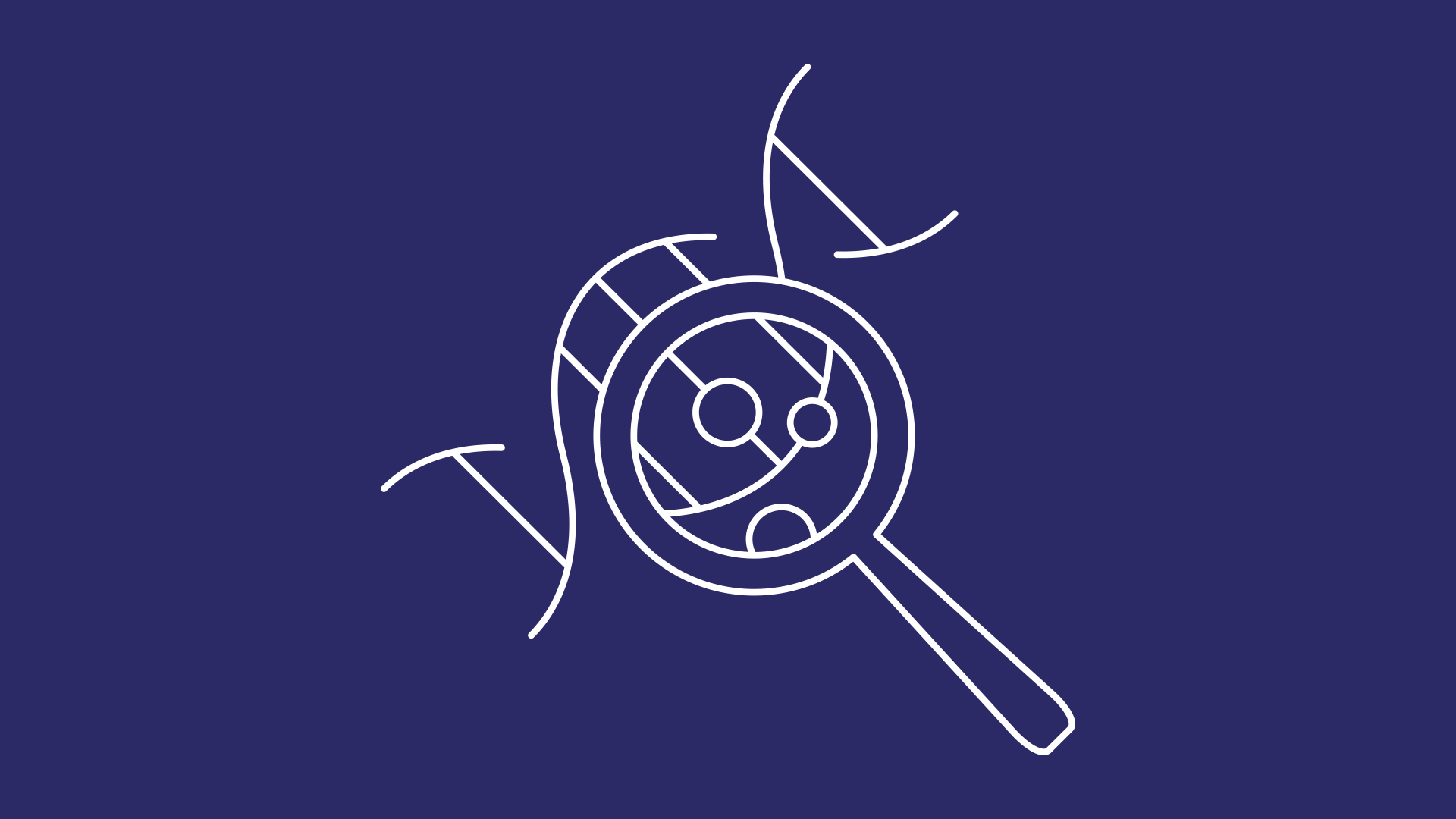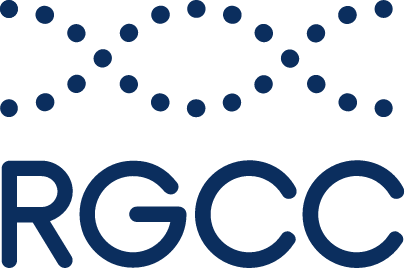Launch of RGCC CAMBISeq® and RGCC CeFSeq

In as little as two weeks, patients and clinicians can gain access to a next-generation genetic test provided by RGCC that can analyse the sequence of both DNA and RNA.
The RGCC CAMBISeq® (Cancer Analysis, Mutational Burden and Instability Sequencing) test sequences DNA and RNA – the nucleic acids that carry genomic sequence information and are responsible for gene expression, respectively. The new test is able to detect different DNA variants of more than 500 genes. It can also detect RNA fusions and calculate the number of mutations a tumour has (known as a tumour’s mutational burden) as well as measure a gene’s susceptibility to mutation (its microsatellite instability or MSI). When these mutations occur within the coding region of a gene they are used as a marker of a cell’s sensitivity to treatment.
The RGCC CAMBISeq® test is available for all types of cancer, including cancers affecting the lungs, skin, colon, breast, connective tissue and blood. Like other tests provided by RGCC, the sample of cells used for the analysis can be isolated from either a patient’s blood or tissue samples. For more information about RGCC CAMBISeq®, visit the RGCC CAMBISeq® test page.
RGCC has also added the RGCC Cell-Free DNA Sequencing (CeFSeq) to its suite of personalised cancer genetics tests, which will be available soon. The RGCC CeFSeq test is a next-generation sequencing analysis of circulating free DNA (cfDNA). These are nucleic acid fragments that are released into the bloodstream when cells die. Our genetic tests can detect circulating free DNA, and allows us to study it to determine a tumour’s genetics. Doctors can then use the information about a tumour’s characteristics to help manage a cancer patient’s treatment.
These two new additions to the tests offered by RGCC strengthen the aim of RGCC tests to discover, analyse and screen cancer cells at every stage of the disease.

